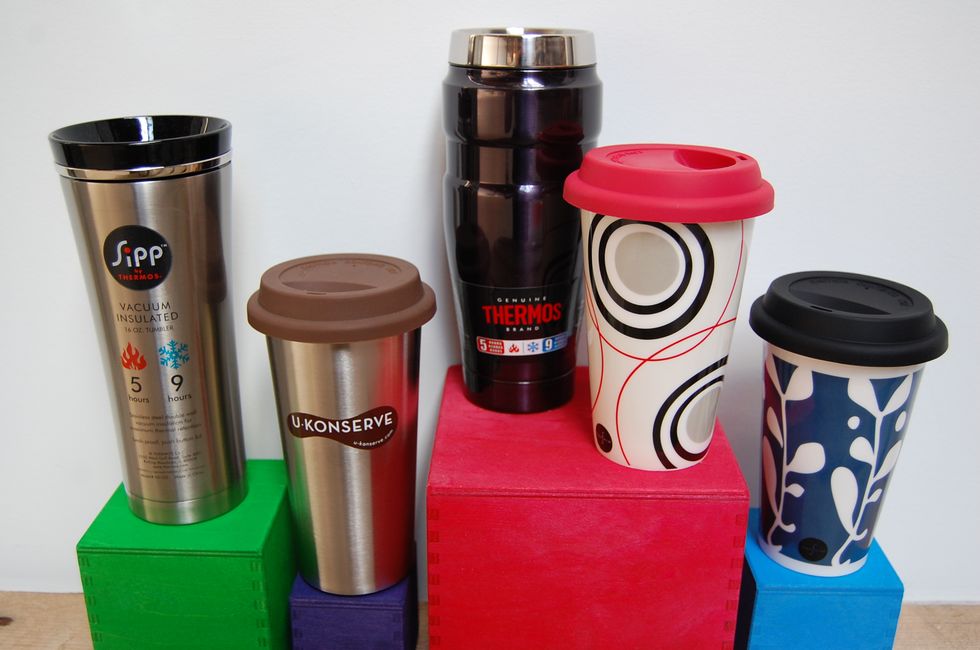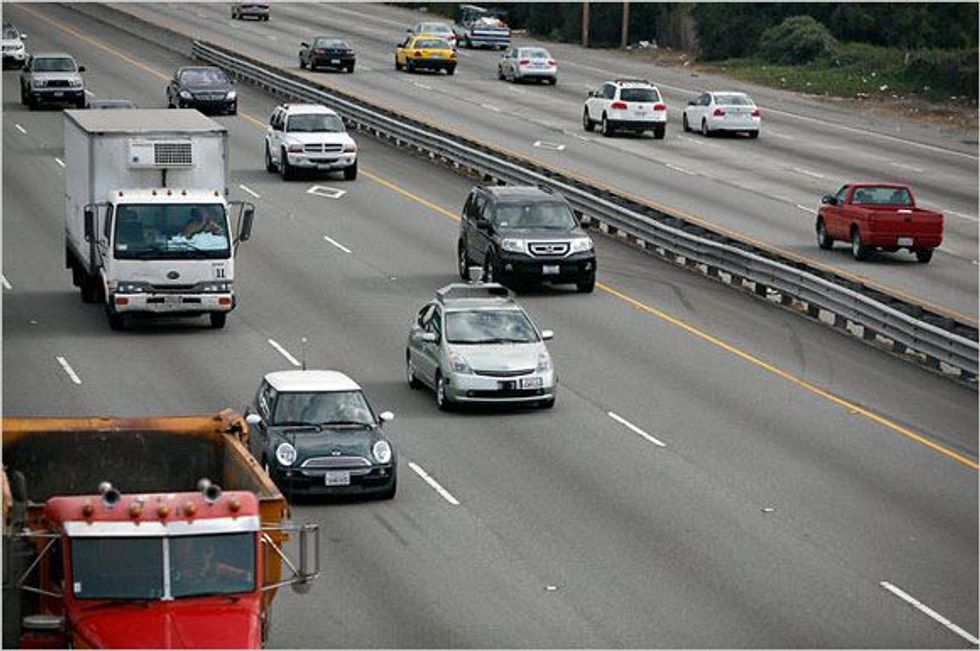Not only does it give your car a custom look, but it protects the original paint job by acting as a protective barrier against the elements. Unlike a custom paint job, which requires repainting and sanding, a car wrap is a one-time investment in styling your car. It blends quality materials and craftsmanship for an affordable styling solution.
Customized car wraps
When choosing a custom car wrap, there are several factors to consider. For instance, the adhesive used for a wrap should be applied at the correct temperature. Also, the wrapping process should be performed by a professional. The installation of a wrap is time-consuming and requires a lot of prep work. The installer must thoroughly clean the car's surface, including under weather trims, cracks, and fenders. Failure to do so can lead to problems, such as bubbling or lifting.
Besides being cheaper than paint, custom car wraps are a great way to customize the appearance of your car. They are also much easier to install than a new paint job. In addition, car wrap designers https://www.carwraponline.com/ can help you with the application of decals or stickers to enhance the look of your vehicle.
Cost of custom car wraps
There are many factors that affect the cost of custom car wraps. One of these is the size of the vehicle. A small sedan will require less wrap material than a full-sized custom truck. The complexity of the design also impacts the cost. The more customizations a vehicle has, the more intricate the wrap will be. A vehicle that has multiple curves and jagged edges will require more material and more work.
The average cost for wrapping a family sedan begins at $2000, with larger sedans and coupes ranging from $3500 to $5,000. However, expensive luxury vehicles can easily reach tens of thousands of dollars. A Rolls-Royce wrap, for instance, would cost upwards of $10,000.
Durability of vinyl wraps
When purchasing vinyl car wraps, you want to choose a material that is resistant to chipping, cracking, and fading. Vinyl wrap should be applied at a distance of 12 to 14 inches from the vehicle. It is best to avoid the use of high-pressure water spray on vinyl wraps. The first step to extending the life of your wrap is to clean and dry your vehicle properly. The second step is to avoid exposure to harsh weather conditions.
Vinyl wraps are typically made of heavy-duty vinyl with a high-viscosity adhesive backing. Some also contain plasticizers to increase flexibility and durability. You can also find stretchable car vinyl wrap, which are easy to install.
Preparation for installation
Preparation is an important step in the vehicle wrap installation process. The technician must take a close look at the surface of the vehicle and measure it properly. This is critical because each vehicle has unique dimensions and challenges that must be taken into account. By creating a map of the surface of the vehicle, the installer will be able to adjust the installation as necessary to account for any imperfections and accommodate any minor damage.
To prepare the vehicle, start by cleaning all interior surfaces and hardware. Use a microfiber or paper towel to clean all the areas that are to be wrapped. Make sure to clean all nooks and crannies, including door handles and hardware. Using an all-purpose cleaner is another important step.



 StableDiffusion
StableDiffusion




















